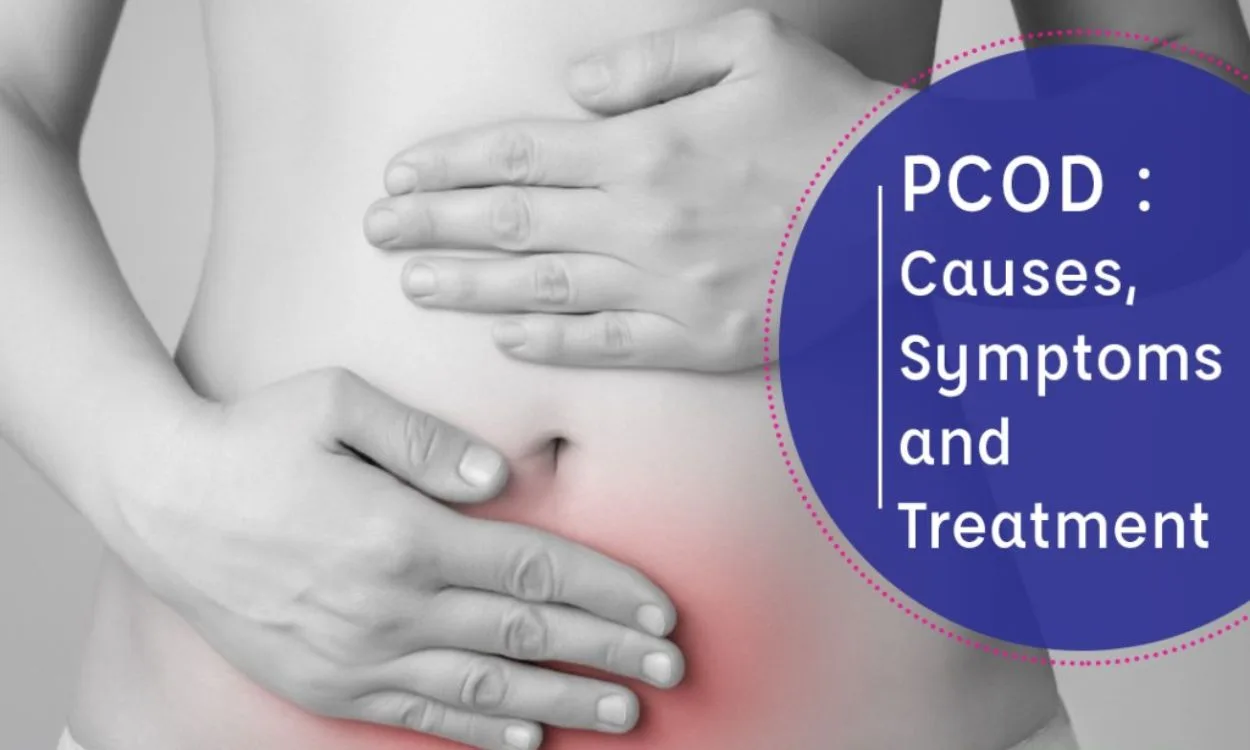How is PCOD Treated?
Introduction
Polycystic ovary syndrome (PCOS), also known as polycystic ovary disease (PCOD), is a hormonal disorder that affects women of reproductive age. It is characterized by hormonal imbalances, abnormal menstrual cycles, and the development of small cysts on the ovaries. PCOD can lead to various symptoms and complications, including infertility, weight gain, insulin resistance, and acne.
Treatment for PCOD typically focuses on managing the symptoms and addressing the underlying hormonal imbalances. The approach may involve a combination of lifestyle changes, medication, and, in some cases, surgery.
Lifestyle Changes
- Dietary Modifications: A healthy, balanced diet can help manage PCOD symptoms. It is recommended to include more whole grains, fruits, vegetables, lean proteins, and healthy fats in the diet. Avoiding processed foods, sugary snacks, and beverages is also beneficial. Incorporating foods with a low glycemic index, such as whole grains and legumes, can help regulate blood sugar levels.
- Regular Exercise: Engaging in regular physical activity can help improve insulin sensitivity and aid in weight management. Both aerobic exercises (such as walking, jogging, or cycling) and strength training can be beneficial. Aim for at least 150 minutes of moderate-intensity exercise per week.
- Weight Management: Maintaining a healthy weight is important for managing PCOD symptoms. Losing excess weight, if overweight or obese, can help improve hormonal balance and reduce insulin resistance. Consulting a registered dietitian or a fitness professional can provide personalized guidance on weight management strategies.
- Stress Management: Chronic stress can worsen PCOD symptoms. Finding effective stress management techniques, such as yoga, meditation, deep breathing exercises, or engaging in hobbies, can help alleviate symptoms. Getting enough sleep and practicing good sleep hygiene is also important.
Medications
- Oral Contraceptives: Birth control pills containing a combination of estrogen and progestin can help regulate menstrual cycles and reduce androgen levels. This can help manage symptoms such as irregular periods, acne, and excess hair growth.
- Anti-Androgen Medications: Anti-androgen medications, such as spironolactone, can be prescribed to reduce the effects of male hormones (androgens) in the body. These medications can help with acne, hair loss, and excess hair growth.
- Insulin-Sensitizing Medications: Metformin, a medication commonly used to treat diabetes, can be prescribed to improve insulin sensitivity in women with PCOD. This can help regulate menstrual cycles and improve fertility.
Surgical Options
In certain cases, surgical intervention may be recommended for PCOD treatment.
- Ovarian Drilling: This minimally invasive procedure involves making small incisions in the ovaries and using heat or laser to destroy a small portion of ovarian tissue. Ovarian drilling can help restore hormonal balance and improve fertility in some women.
- Laparoscopic Ovarian Cystectomy: If ovarian cysts are causing severe pain or other complications, they may need to be surgically removed. This procedure is performed using keyhole surgery (laparoscopy) to remove the cysts while preserving the ovarian tissue.
Fitpaa – Your Health & Fitness Solution
Fitpaa is an end-to-end AI-driven health and fitness technology that can complement PCOD treatment by providing personalized guidance and support. With Fitpaa, you get access to a team of fitness coaches, nutritionists, and doctors who can help you achieve your health and fitness goals.
Fitpaa’s Medical Nutrition Therapy (MNT) specialists use advanced Metabolism Monitoring Technology to assess your current metabolism and identify the root cause of your PCOD. Based on your unique needs, lifestyle, and eating habits, Fitpaa prepares a Personalized Fitpaa Capsule that combines medical therapy, exercise therapy, nutrition therapy, and cognitive behavior therapy.
The Fitpaa mobile app offers real-time guidance, habit-building techniques, and a virtual workout trainer to support your journey. It helps you track your progress, follow your personalized diet plan, and engage in guided workout sessions. Fitpaa’s Fitness Planners, nutritionists, and doctors regularly review your progress and make necessary adjustments to ensure you achieve your health and fitness goals.
Don’t let PCOD hold you back. Take control of your health with Fitpaa and experience the joy of achieving your fitness goals. Download the Fitpaa app today and start your journey towards a healthier, happier you!









